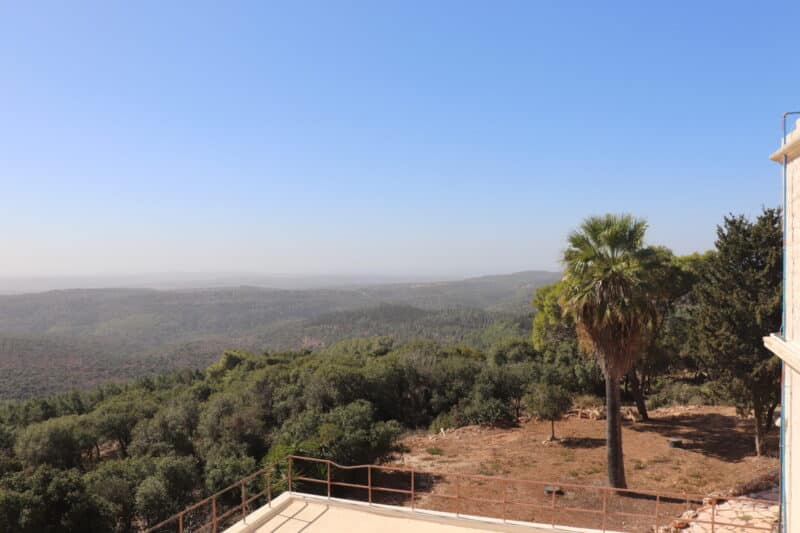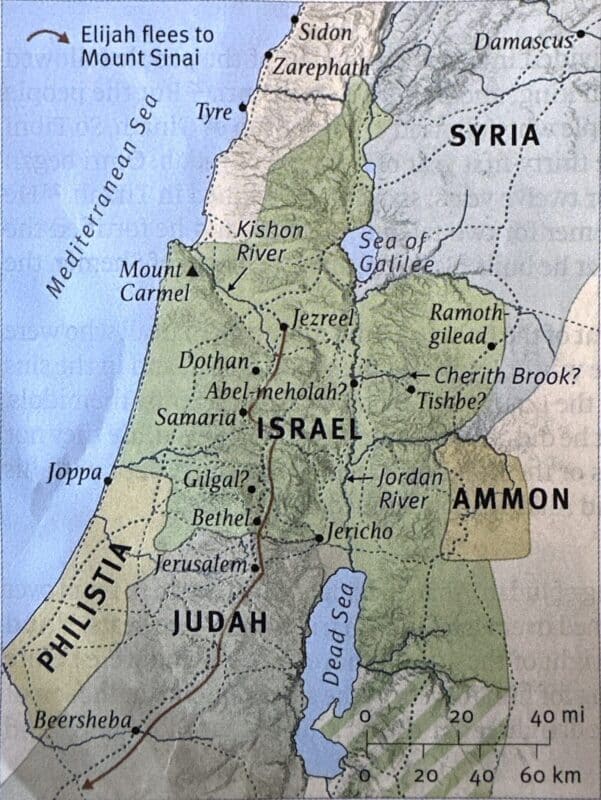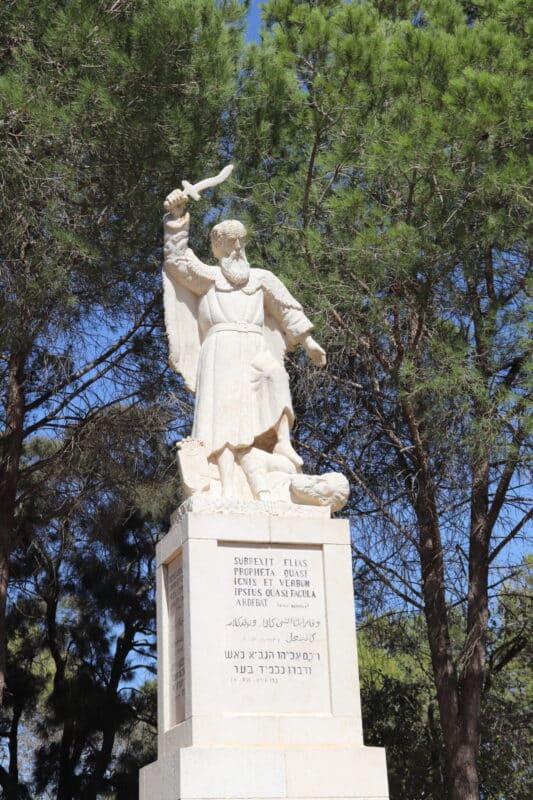February 18, 2024
1 Kings 18
I’ve Seen Fire, and I’ve Seen Rain
Israel has suffered three long years of drought, and God plans to bring rain back to the land. But before that happens, God intends to make very clear to the Israelites who is the real God and who is a false god. Join us this Sunday as Pastor Matt leads us in the powerful recounting of Elijah’s challenge to the prophets of Baal.




